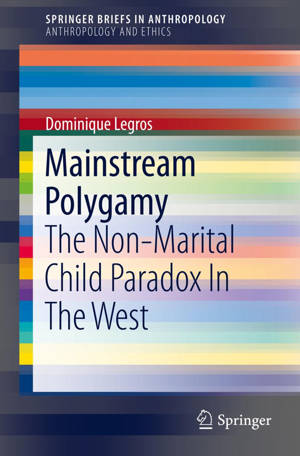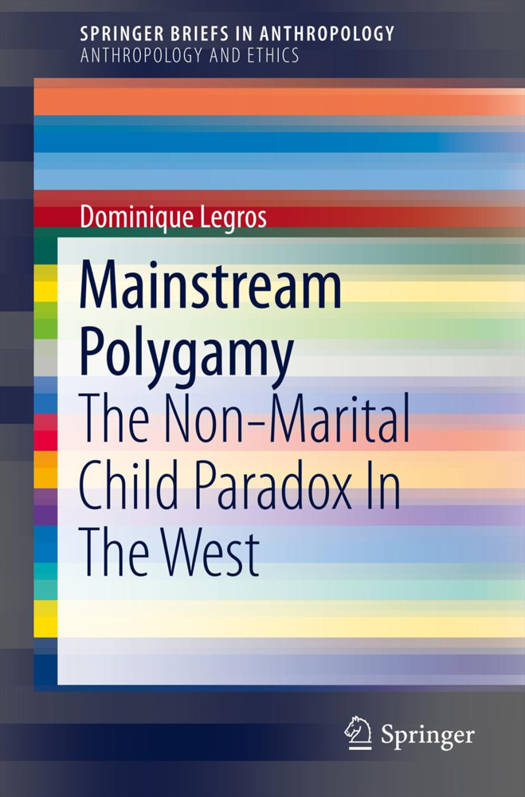
- Retrait gratuit dans votre magasin Club
- 7.000.000 titres dans notre catalogue
- Payer en toute sécurité
- Toujours un magasin près de chez vous
- Retrait gratuit dans votre magasin Club
- 7.000.000 titres dans notre catalogue
- Payer en toute sécurité
- Toujours un magasin près de chez vous
Description
This volume explores the forms of knowledge generated by exoticizing the subject studied. It analyzes monogamy in Western cultures from a cultural distance. First, from the cultural perspective of a Kenyan writer who underlines the moral evils unwittingly generated by a system imposing universal monogamy and generating annual cohorts of illegitimate children. Then, the essay considers the case of France, which, starting in the 1970's, changed its laws regarding children born out of wedlock. Such children have now become legitimate. Unwittingly, this has allowed for polygyny or polyandry to become legal options for French males and females. The analysis is further extended to Western Europe, two Latin American nations and to the contemporary U.S.A. with its polyamory movement, where legal outcomes similar to those of France have occurred.
The volume examines monogamy by using the epistemological approach that is typically used in the anthropological study of cultures other than one's own, showing how exotic and strange the system of monogamy can look, when observed from afar, from the eyes of many non-Westerners. It gives insight into planes of the human Western experience that would normally remain invisible. Students and teachers will delight in the close-to-home debates stimulated by this evocative thought-provoking essay.
Spécifications
Parties prenantes
- Auteur(s) :
- Editeur:
Contenu
- Nombre de pages :
- 113
- Langue:
- Anglais
- Collection :
Caractéristiques
- EAN:
- 9781461483069
- Date de parution :
- 21-09-13
- Format:
- Livre broché
- Format numérique:
- Trade paperback (VS)
- Dimensions :
- 152 mm x 229 mm
- Poids :
- 249 g







